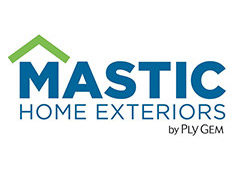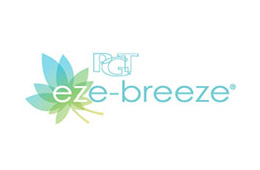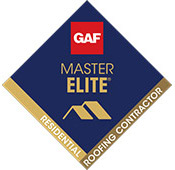In the quest for a more sustainable and energy-efficient home, choosing the right windows is pivotal. Homecraft Inc., is at the forefront of this endeavor, helping homeowners navigate the complexities of energy-efficient windows. This guide aims to delve into what exactly makes a window energy-efficient, focusing on essential features and technologies that contribute to lower energy bills and a more comfortable living environment.

Glass Coatings and Glazing
One of the critical components contributing to the energy efficiency of a window is its glass. Specifically, Low-E (low emissivity) coatings play a significant role. These microscopic metallic or metallic oxide layers applied to the glass surface reflect infrared and ultraviolet (UV) light, which keeps heat inside during winter and outside during summer. This technology not only helps in temperature regulation but also protects furnishings from sun damage.
Gas Fills Between Panes
An advanced feature found in energy-efficient windows is the use of inert gas fills between the glass panes. Argon and krypton, denser than air, are commonly used gases that provide added insulation. These gases minimize the convective currents within the window, reducing the transfer of heat and cold. For residents where the climate can vary significantly, having windows with gas fills can make a substantial difference in maintaining a comfortable home environment year-round.
Multiple Panes for Better Insulation
The number of panes in a window also significantly affects its energy efficiency. Double or triple-paned windows offer far better insulation than their single-paned counterparts. This is because multiple panes allow for the incorporation of Low-E coatings and gas fills, enhancing the window’s ability to insulate and regulate temperature. For homes, choosing multi-paned windows can lead to considerable energy savings and improve indoor comfort.
Frame Materials and Window Design
The choice of frame material and the overall design of the window are equally important in determining its energy efficiency. Materials such as vinyl, fiberglass, and wood can provide substantial insulation, but their effectiveness also depends on the quality of the window construction. Features like thermal breaks and tight seals are crucial for preventing air leakage, a common issue that can undermine the energy efficiency of a window.
Proper Installation Is Key
No matter how advanced or energy-efficient a window is, its performance hinges on proper installation. Incorrect installation can lead to air leaks, condensation, and ultimately, energy loss. It’s essential to work with experienced professionals, like the team at Homecraft Inc., to ensure that your windows are installed correctly and performing at their best. Choosing a reputable installer can make all the difference in maximizing your home’s energy efficiency.
In conclusion, energy-efficient windows are a critical component of a sustainable and comfortable home. By focusing on key features such as Low-E coatings, gas fills, multiple panes, appropriate frame materials, and professional installation, homeowners can significantly enhance their home’s energy performance. As we continue to seek ways to reduce our energy consumption and environmental footprint, investing in energy-efficient windows stands out as a smart and effective strategy.
Call Homecraft Inc. at (302) 798-0302 or complete our online form to request a free estimate. We proudly serve clients in Bear, Newark, and Middletown, DE, and the surrounding communities.










